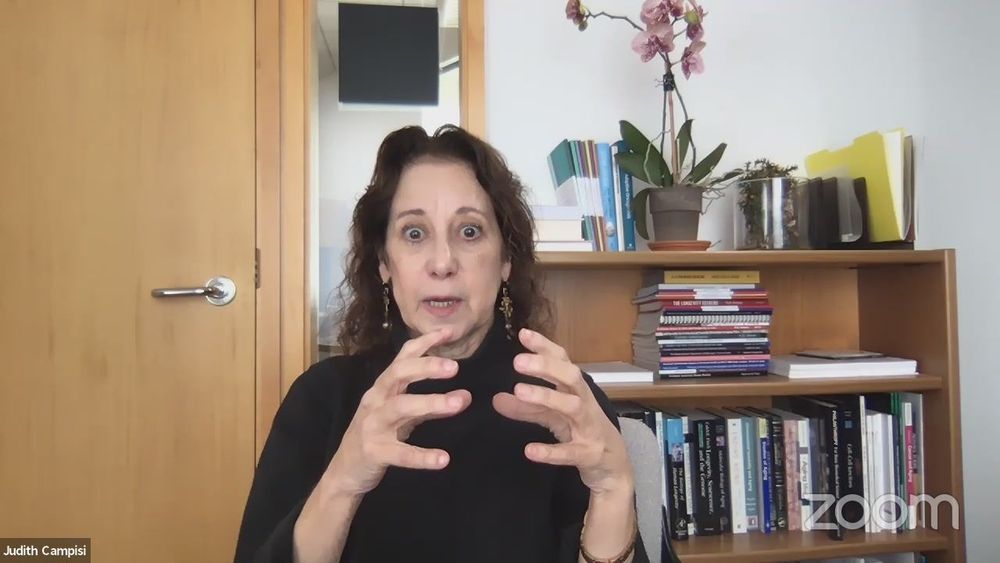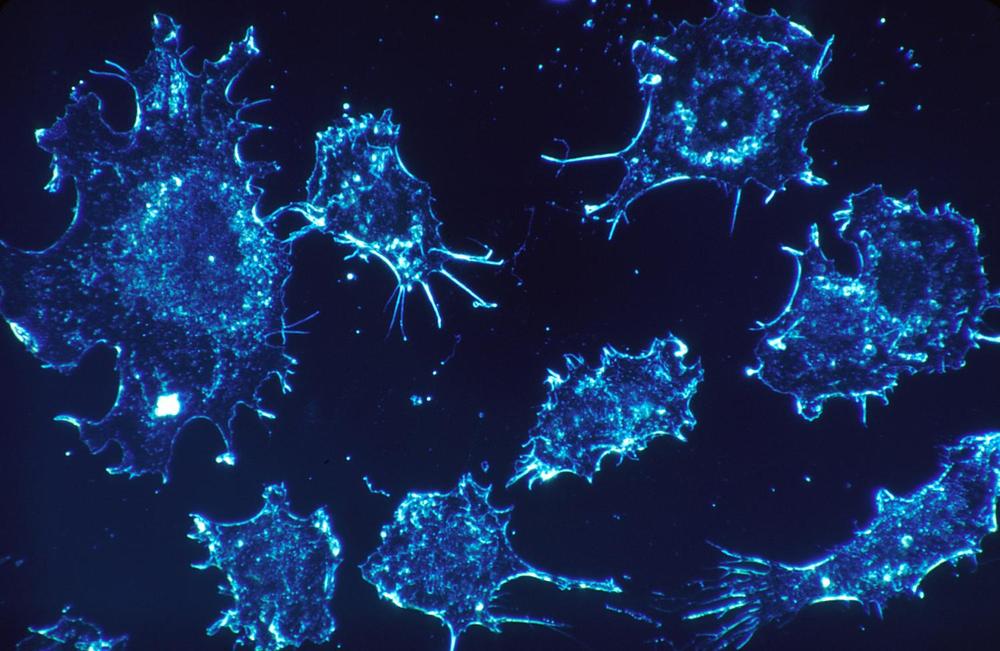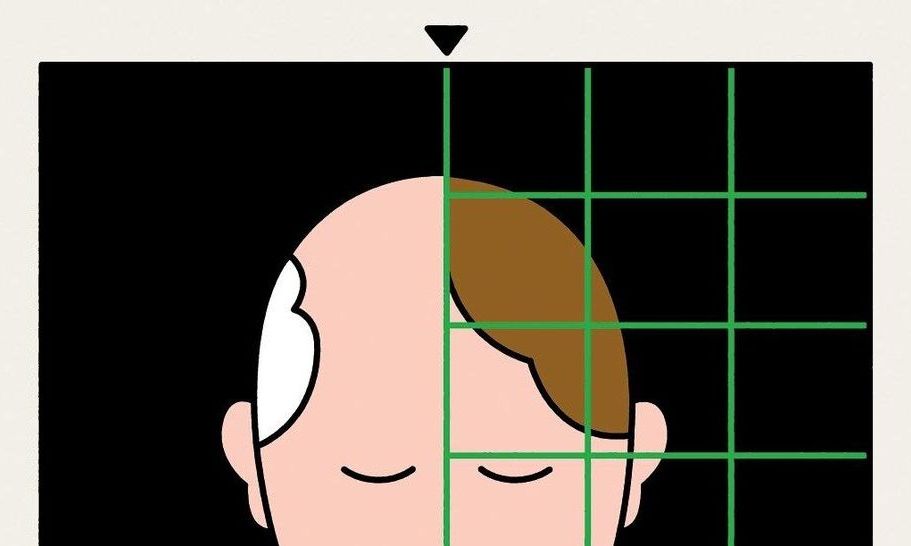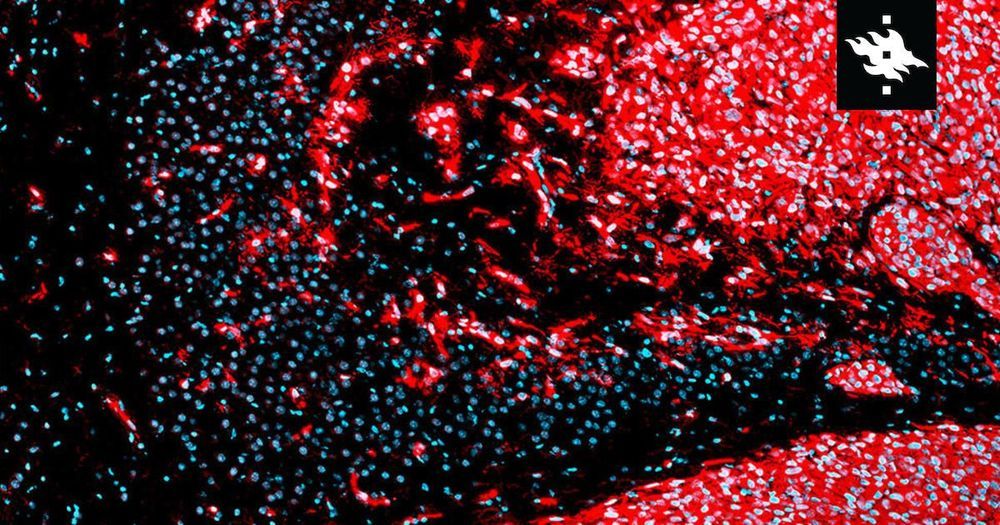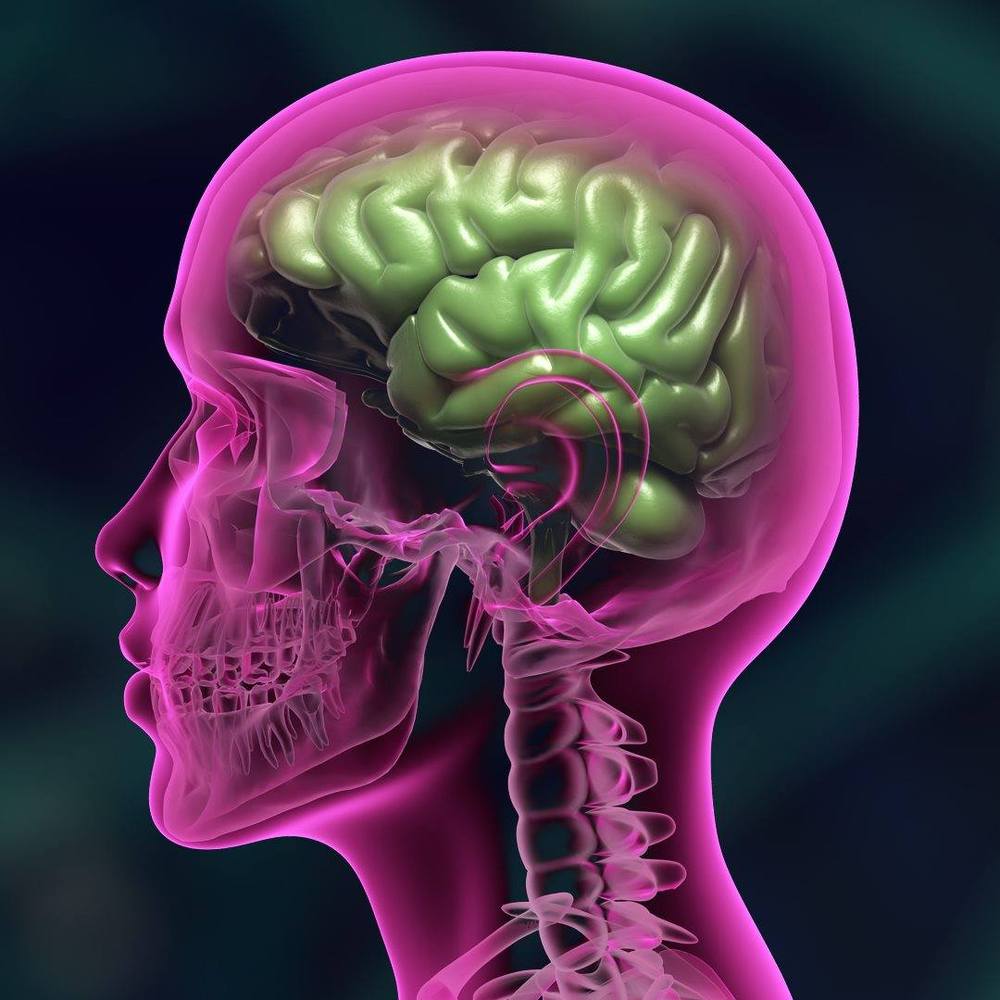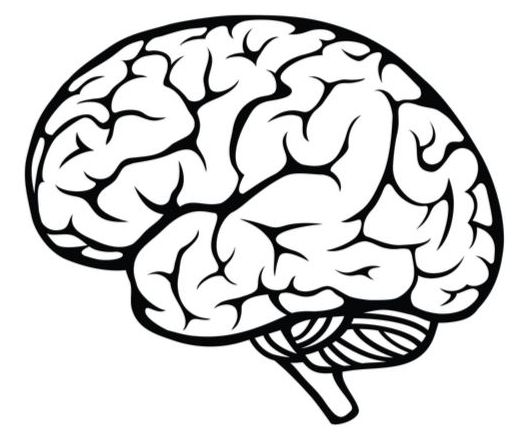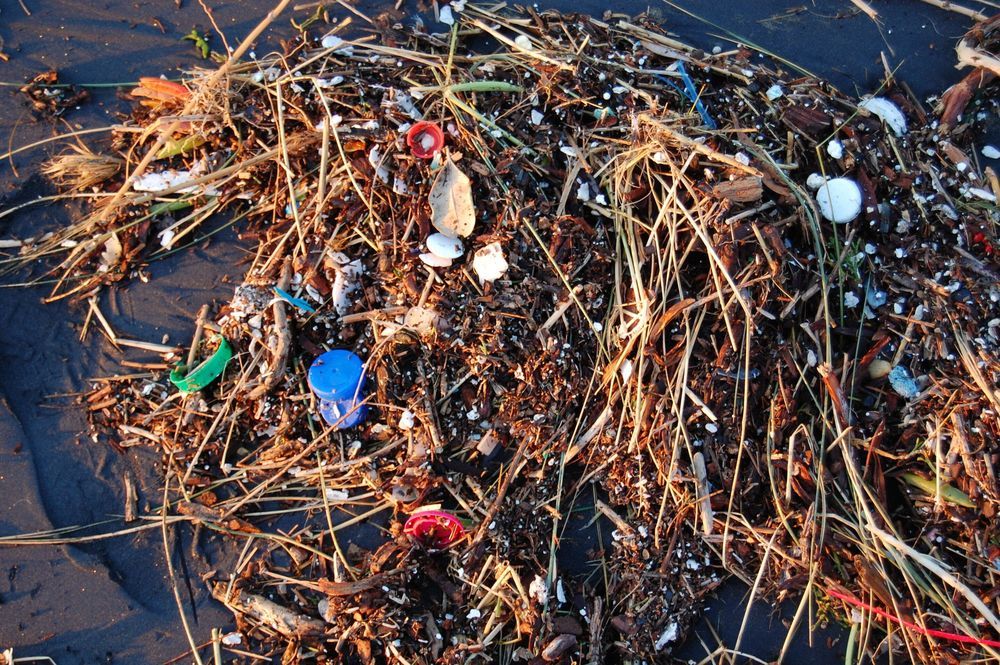Page 9196
May 14, 2019
Bone cells suppress cancer metastases
Posted by Paul Battista in categories: biotech/medical, health
In breast cancer, there are cases of women and men whose cancer returns in their bones 20–30 years after they were treated for their primary disease and thought they were cancer-free. This phenomenon always puzzled Jefferson researcher Karen Bussard, Ph.D. How is it possible that breast cancer cells from a primary tumor are able to reach the bones when a patient is deemed “cancer-free” after treatment? What was happening in bones that allowed the cancer cells to remain there for up to 30 years, alive but in a sleeping state, only to re-awaken decades later? In a step towards answering these questions, Dr. Bussard recently discovered a type of bone cell that can subdue cancer cells, slowing their growth, even in one of the most aggressive types of breast cancer: triple negative.
The results, published in Breast Cancer Research, raise intriguing questions about how these bone cells exert their sleep-inducing influence, and whether it’s possible to replicate and permanently turn cancers dormant.
“Cancer has this uncanny ability to turn other cell types it comes in contact with to the cancer cell’s advantage,” says Dr. Bussard, Assistant Professor of Cancer Biology at Thomas Jefferson University and a researcher at the Sidney Kimmel Cancer Center—Jefferson Health. “For example, cancer cells can turn the immune cells that should kill it, into its own guards. However, we have now found a population of bone cells that not only resists, but subdues the cancer. It’s fascinating.”
May 14, 2019
Can We Live Longer but Stay Younger?
Posted by Paul Battista in category: life extension
With greater longevity, the quest to avoid the infirmities of aging is more urgent than ever.
May 14, 2019
Researchers discover the Achilles’ heel of an aggressive brain cancer
Posted by Paul Battista in categories: biotech/medical, neuroscience
Researchers from the University of Helsinki have discovered a chink in the armour of the tumour cells of glioblastoma, a lethal brain cancer. Alongside the finding, the researchers also came up with a method for attacking this vulnerability. The results gained in experiments conducted with cell cultures and a mouse model are promising.
May 14, 2019
Potential Treatment For Alzheimer’s
Posted by Paul Battista in categories: biotech/medical, neuroscience
May 14, 2019
New Age of Autonomous Jet Fighters on Horizon
Posted by Klaus Baldauf in categories: military, robotics/AI
The scenario military thinkers propose would double the number of jet fighters in a typical battle formation from four to eight. But instead of the additional aircraft being identical to an F-35 joint strike fighter, or F-15E Strike Eagle, they are low-cost, unmanned jets.
One might carry extra air-to-air missiles. Another may only have a sensor suite to boost situational awareness for the pilots in the traditional aircraft.
Whatever their payload, the enemy has to contend with double the number of targets on their radars. They have multiple “dilemmas” in front of them, giving U.S. forces an asymmetric advantage.
Continue reading “New Age of Autonomous Jet Fighters on Horizon” »
May 14, 2019
LATE: A Disease That Mimicks Alzheimer’s Disease
Posted by Steve Hill in categories: biotech/medical, life extension, neuroscience
A recent article, published in the Oxford journal Brain, categorizes and draws attention to an age-related disease that impacts the brain yet is widely unknown, even among scientists: limbic-predominant age-related TDP-43 encephalopathy (LATE) [1].
The symptoms of this disease are similar to those of Alzheimer’s disease. It causes cognitive impairment and, when presenting alongside Alzheimer’s disease, can lead to even faster degeneration along with heightened agitation and aggression.
This new disease has been found to impact very specific areas of the brain – generally traveling vertically through the brain, it degenerates areas partly responsible for emotions, memory, and language, influencing different areas depending on its stage.
Continue reading “LATE: A Disease That Mimicks Alzheimer’s Disease” »
May 14, 2019
Death could soon become a curable disease
Posted by Zoltan Istvan in categories: biotech/medical, life extension, transhumanism
I’m excited to share my new #transhumanism article out at Metro, on of UK’s largest sites. It’s part of their #FutureofEverything series. Check out the artwork too:
Whatever science transhumanists want to use to become a better species, overcoming biological death is the movement’s primary goal.
Most deaths in the world are caused by ageing and disease. Approximately 150,000 people die every day on planet Earth, causing devastating loss to loved ones and communities.
Continue reading “Death could soon become a curable disease” »
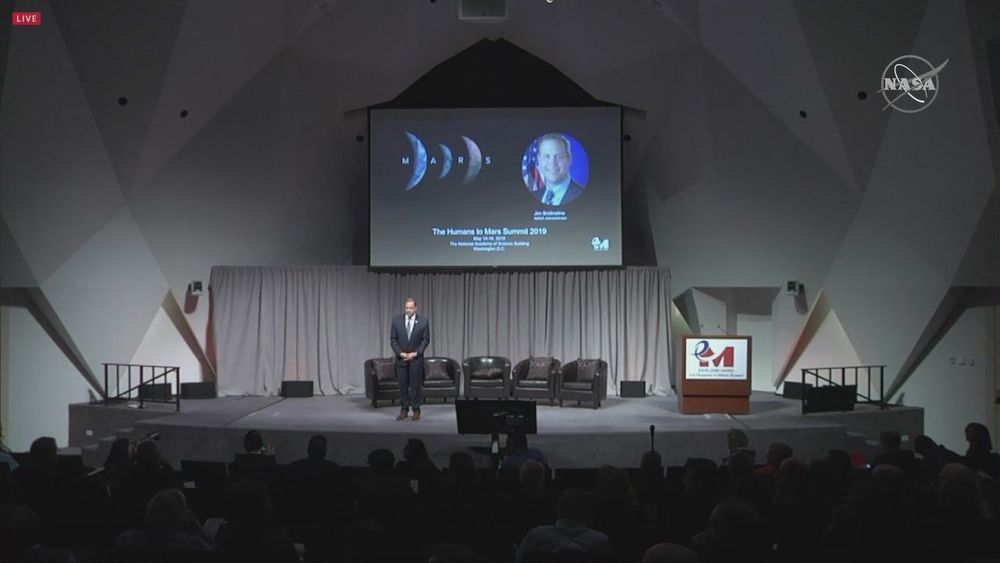
I’m at the Humans to Mars Summit in Washington D.C. sharing about NASA’s plans to use the Moon as a proving ground for our ultimate goal of sending humans to Mars. Watch:
May 14, 2019
It’s not just fish, plastic pollution harms the bacteria that help us breathe
Posted by Xavier Rosseel in category: biological
“We looked at a group of tiny, green bacteria called Prochlorococcus which is the most abundant photosynthetic organism on Earth, with a global population of around three octillion (~1027) individuals,” says Sasha.
Ten per cent of the oxygen we breathe comes from just one kind of bacteria in the ocean. Now laboratory tests have shown that these bacteria are susceptible to plastic pollution, according to a study published in Communications Biology.
“We found that exposure to chemicals leaching from plastic pollution interfered with the growth, photosynthesis and oxygen production of Prochlorococcus, the ocean’s most abundant photosynthetic bacteria,” says lead author and Macquarie University researcher Dr. Sasha Tetu.
Continue reading “It’s not just fish, plastic pollution harms the bacteria that help us breathe” »
